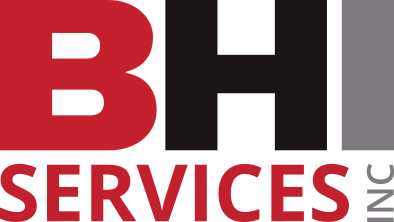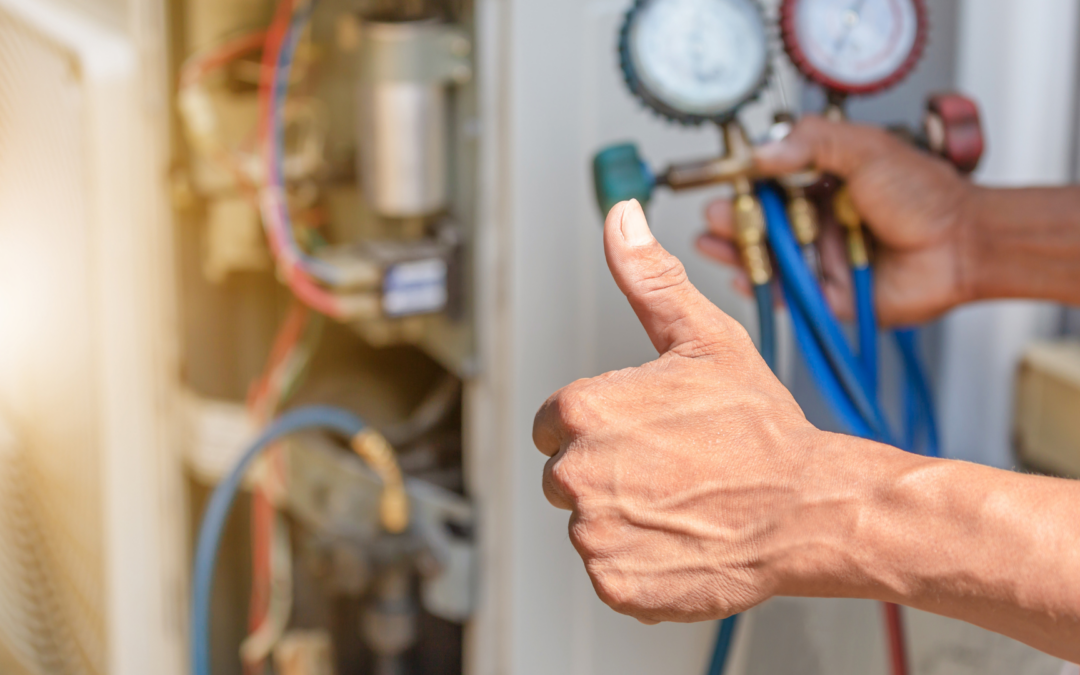Maintaining a properly functioning HVAC (Heating, Ventilation, and Air Conditioning) system is crucial for the comfort, energy efficiency, and indoor air quality of your property. Regular HVAC maintenance not only extends the lifespan of the system but also helps prevent costly breakdowns and ensures optimal performance. In this blog, we will discuss essential HVAC maintenance tasks that should be included in your property maintenance routine.
Regular Filter Replacement: One of the most important HVAC maintenance tasks is replacing air filters regularly. Clogged or dirty filters restrict airflow and strain the system, leading to reduced efficiency and increased energy consumption. Check filters monthly and replace them every 1-3 months, depending on the filter type and usage.
Cleaning Condenser Coils: Outdoor condenser coils can accumulate dirt, dust, and debris over time, inhibiting heat transfer and reducing system efficiency. Regularly inspect and clean the condenser coils to remove any buildup. Use a soft brush or vacuum cleaner to gently clean the coils, or consider hiring a professional HVAC technician for a thorough cleaning.
Checking and Cleaning Evaporator Coils: Indoor evaporator coils are prone to collecting dust and dirt, affecting heat exchange and reducing cooling efficiency. Inspect and clean the evaporator coils annually or as needed. Use a soft brush or a specialized coil cleaner to remove dirt and debris. Be sure to follow manufacturer guidelines and safety precautions.
Lubricating Moving Parts: Proper lubrication of the HVAC system’s moving parts ensures smooth operation and minimizes friction and wear. Check and lubricate bearings, motors, and other moving components as recommended by the manufacturer. Use appropriate lubricants and consult the equipment manual for specific instructions.
Inspecting and Cleaning Ductwork: Inspect the ductwork for leaks, loose connections, or signs of damage. Sealing any leaks or gaps can improve energy efficiency and prevent conditioned air from escaping. Additionally, schedule professional duct cleaning periodically to remove accumulated dust, allergens, and contaminants, improving indoor air quality.
Testing and Calibrating Thermostat: Check and calibrate your thermostat to ensure accurate temperature control. Test the system by adjusting the settings and verifying that it responds correctly. Consider upgrading to programmable or smart thermostats for enhanced energy savings and convenience.
Clearing Condensate Drain Line: The condensate drain line carries away moisture produced by the HVAC system. Over time, the drain line can become clogged with algae, mold, or debris, leading to water leaks or system malfunctions. Regularly inspect and clear the drain line to prevent blockages and water damage.
Scheduling Professional HVAC Maintenance: While some maintenance tasks can be performed by property owners or managers, it is recommended to schedule professional HVAC maintenance at least once a year. Trained technicians can perform a comprehensive inspection, clean vital components, check refrigerant levels, and identify any potential issues before they become major problems.
Conclusion: Proper HVAC maintenance is essential for the optimal performance and longevity of your property’s heating and cooling systems. By including these essential HVAC maintenance tasks in your property maintenance routine – such as regular filter replacement, coil cleaning, lubrication of moving parts, ductwork inspection, thermostat calibration, condensate drain line clearing, and professional maintenance – you can ensure energy efficiency, indoor comfort, and reliable operation. Don’t overlook the importance of regular HVAC maintenance, as it saves you money in the long run by preventing costly repairs and extending the life of your HVAC system. Remember, a well-maintained HVAC system contributes to a comfortable and healthy indoor environment for tenants, customers, and occupants.

